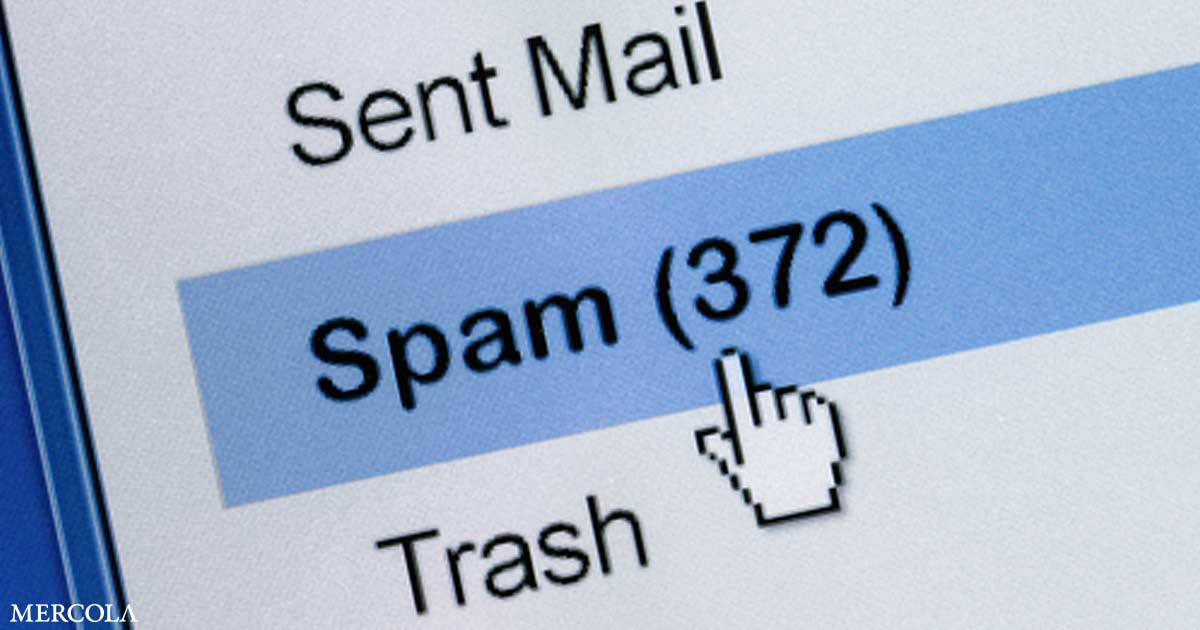
In 1917, as a part of their successful military coup in Petrograd, the Bolsheviks famously made sure to, first and foremost, take control of the railway stations, the bridges, the postal office, the telephone service, and the telegraph. Taking over the communications was a critical piece of the coup.
As a Soviet kid learning history at school, I had that statement (“postal office, telephone, telegraph”) practically drilled into my head. It was supposed to demonstrate the genius strategic thinking of the Bolsheviks.
The point about taking over the communications came to my mind the other day when I was trying to send a private email, from my own domain, and it just wouldn’t even send because my server perceived it as “spam.” I had to make a few guesses and edit the text of the email in order for the server allow it to go through.
We already know that Google censors their incoming Gmail email as well as their Google Drive. And many of us have been dealing with our private emails from “politically incorrect” domains getting rejected by recipient servers, occasionally disappearing without trace, etc.
But the outgoing mail on my own domain (it’s a small hosting company, not any of those giants)? I thought it was crazy. It was a private email, not a newsletter, not a “BCC,” just a regular private email that I wrote in response to something a reader had sent. And it wasn’t rejected by the recipient — it was rejected by my own hosting company’s mail server! How crazy is that?
It wasn’t an isolated occasion, either. Recently, it started happening more often, sometimes, a couple of times a day. And I want to discuss it now, while censoring private communications still a nascent trend. It is important to be aware of this trend to and object to it in real time, or else we’ll end up living with it, which can barely be called “life.”